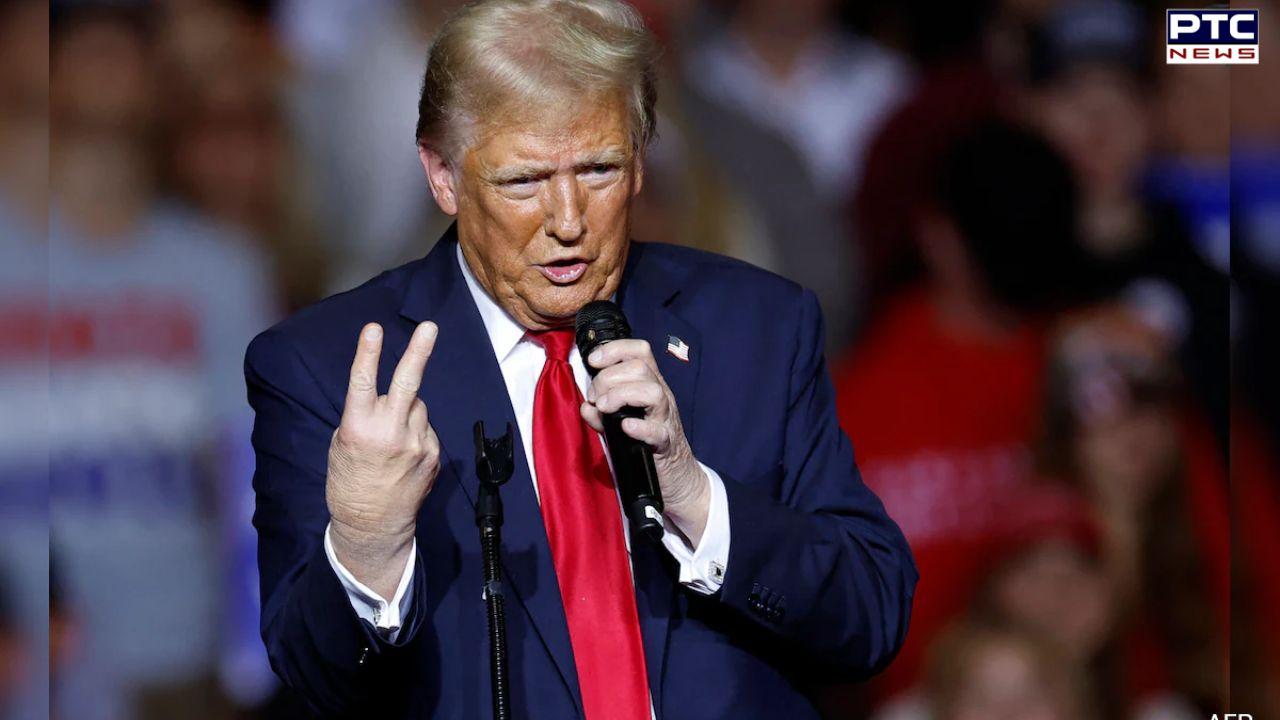

Trump changes voting rules: Proof of citizenship now mandatory; passport required, cites India's biometric use
PTC Web Desk: In a significant move to tighten voting regulations, US President Donald Trump signed an executive order on Tuesday, requiring American citizens to provide proof of citizenship, such as a passport or birth certificate, for voter registration. The Trump administration claims the order aims to prevent illegal immigrants from being added to voter rolls.
According to administration officials, the primary objective of this executive order is to curb fraudulent voter registrations by non-citizens. Currently, several US states do not require passports or birth certificates for voter registration, allowing individuals to register with minimal documentation.
Trump has long claimed that fraudulent voting played a role in his 2020 election defeat. However, legal challenges against this order are already being prepared by multiple states.
Trump cites India and Brazil’s biometric systems
In the order, Trump referenced voting practices in countries like India and Brazil, where voter identities are linked to biometric databases. In contrast, he noted that American citizens largely rely on self-attestation for their identity verification during elections.
The United States does not have uniform voting laws, as each state sets its own regulations. States like Texas, Georgia, and Indiana have stringent voting requirements, mandating photo identification such as a driver’s license or passport. Meanwhile, states like California, New York, and Illinois have more relaxed rules, allowing voters to cast their ballots by providing their name, address, or utility bills as proof.
In Michigan, voters are required to present a photo ID. However, if they do not possess one, they can sign an affidavit to cast their vote.
Key highlights of Trump’s order
Voters must provide documentation, such as a passport or driver’s license, to prove citizenship before registration.
States are urged to collaborate by sharing voter rolls with the federal government and assisting in election fraud investigations.
Any mail-in ballots received after Election Day will be deemed invalid.
States that fail to implement these new rules may face reductions in federal funding.
The Democratic Party has consistently opposed voter ID laws, arguing that they disproportionately impact low-income, elderly, and minority communities, particularly Black and Latino voters. Many individuals from these groups lack government-issued identification, which could potentially disenfranchise them.
On the other hand, Republicans allege that Democratic-leaning states have a significant number of undocumented immigrants who register and vote illegally. According to the GOP, this is why the Democratic Party opposes mandatory voter ID requirements.
The executive order also enforces stricter prohibitions on foreign funding in US elections. The issue has gained traction in recent years, particularly due to contributions from Swiss billionaire Hansjörg Wyss, who has donated hundreds of millions of dollars to organisations that support Trump’s political adversaries.
Wyss-backed organisation 'Sixteen Thirty Fund' earlier contributed $3.9 million to efforts aimed at securing abortion rights in Ohio’s constitution.
Recently, Kansas passed similar legislation barring foreign individuals, companies, governments, or political entities from donating funds to support or oppose constitutional amendments within the state.
While Trump’s executive order carries the force of law without requiring congressional approval, it is expected to face significant legal challenges. States opposing the new mandate are already preparing to take the matter to court.
- With inputs from agencies
